Information
The importance of self cleaning filters.
Self-cleaning filters are essential for rainwater harvesting systems because they help to keep the collected rainwater free of debris and contaminants.
When rainwater is collected from rooftops or other surfaces, it can contain a variety of pollutants such as dirt, leaves, bird droppings, and chemicals from roofing materials.
If these contaminants are not removed, they can clog the pipes and filters, reducing the efficiency of the system and potentially causing damage to pumps and other components.
How self cleaning filters work.
Self-cleaning filters work by using a combination of physical and mechanical processes to remove debris and contaminants from the collected rainwater.
These filters are typically designed with a series of screens, meshes, or cartridges that trap larger particles such as leaves and twigs, while allowing water to pass through.
As the filters become clogged, a self-cleaning mechanism is activated, which can be either automatic or manual.
Automatic self-cleaning filters use a backwash process to remove the trapped debris, while manual self-cleaning filters require the user to manually clean or replace the filter element.
The benefits.
The benefits of using self-cleaning filters in rainwater harvesting systems are numerous.
Firstly, they help to improve the quality of the collected rainwater, which is important for applications such as irrigation, washing, and toilet flushing.
Secondly, they reduce the need for maintenance and cleaning, which can save time and money in the long run.
Thirdly, they help to prolong the life of the system components, such as pumps and pipes, by reducing the amount of debris and contaminants that can cause blockages and damage.
Finally, they help to ensure that the rainwater harvesting system operates efficiently and effectively, providing a reliable source of water for years to come.
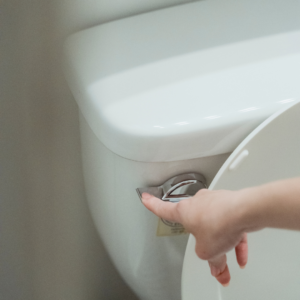

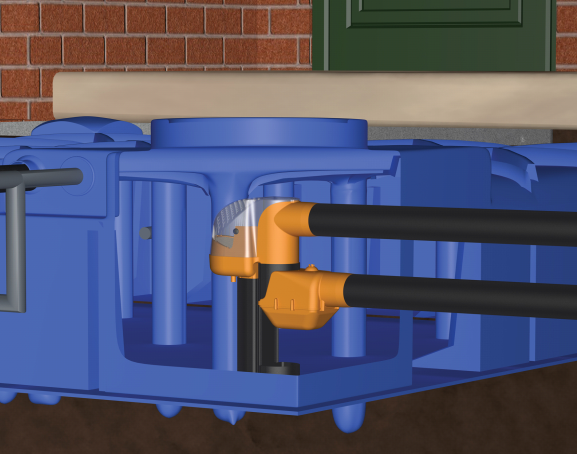

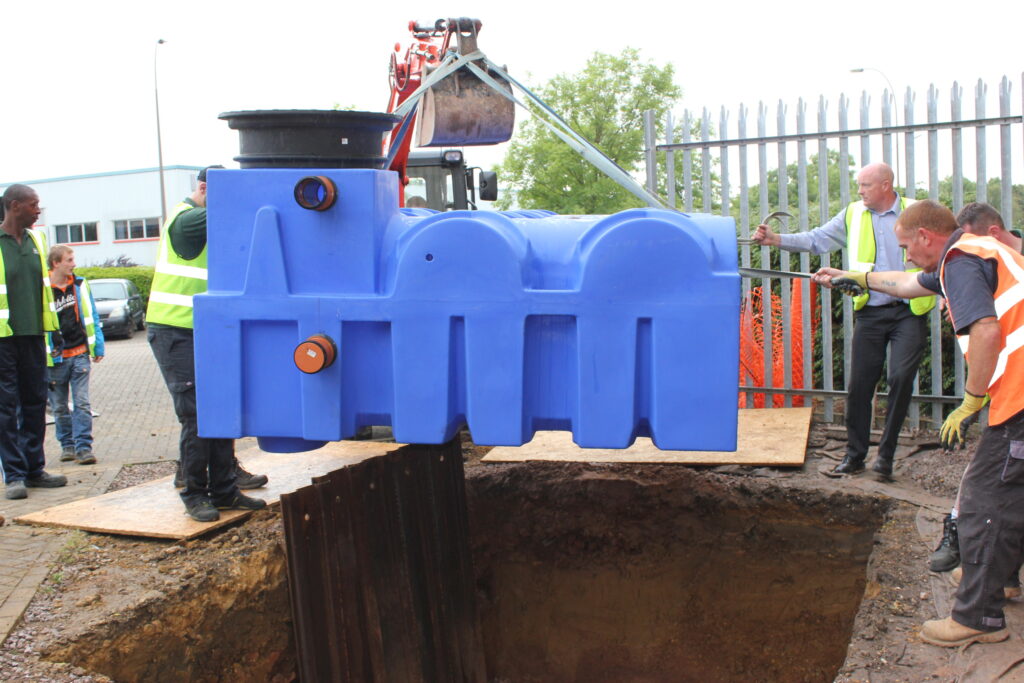

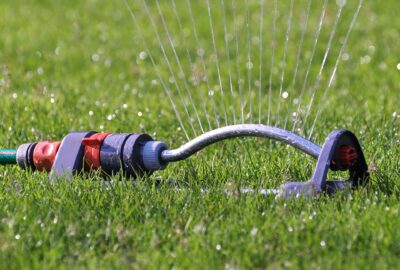

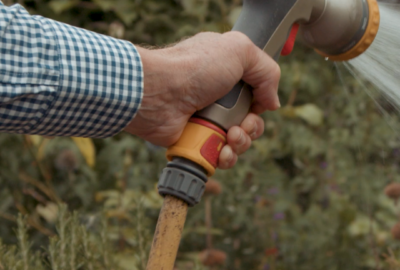
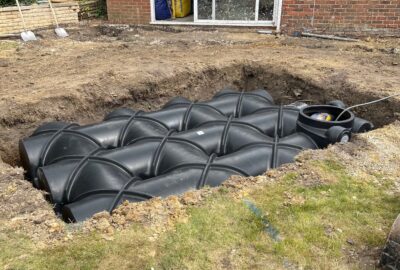

One Comment
Shalin_Composites
Thank you for valuable information.